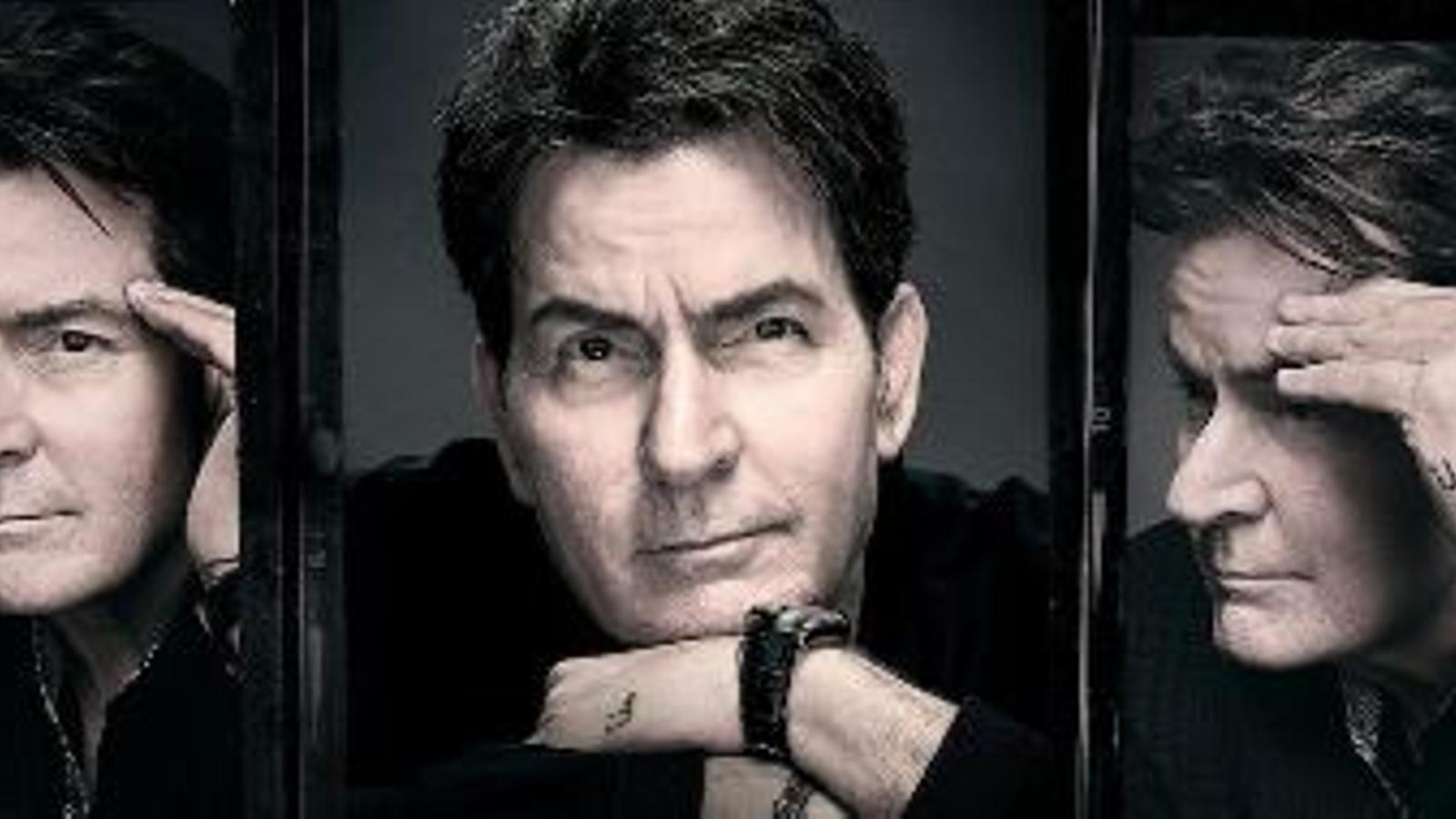Charlie Sheen's image cleanup bankrupts him


Netflix has released a two-part documentary in which actor Charlie Sheen, famous star of films such as Platoon either Hot shots! and the series Two and a Half Men, stands in front of the camera to explain the havoc his severe poly-drug addiction has wreaked on his life. A complete personal degradation with public episodes of disorder, gun violence, and sexual assault. After eight years without drugs or alcohol, he attempts to justify himself and clean up his image.
AKA Charlie Sheen It's uneven, with a morbid and suspiciously biased journalistic approach. The actor, ridiculously sipping a cup of tea as a symbol of his change of habits, opens up in close-up. His closest confidants also intervene: Sean Penn, Jon Cryer, his brother Ramón Estevez, two of his ex-wives, and his drug dealer, among others, help him sustain his story without disagreeing. The documentary clarifies that his father, actor Martin Sheen, and his other brother, Emilio Estevez, have chosen not to participate. These are two symptomatic absences, considering that they have been key figures in pulling him out of his infernal spiral. It's as if they didn't want to participate in the farce. The structure clearly exemplifies the progressive degradation of the actor, who once became the highest-paid actor in Hollywood. AKA Charlie Sheen It uses precarious recreations and an excessive amount of film and television fragments to pad the story, seeking parallels between the protagonist's real life and the fictional characters. It emphasizes the vital and professional mirror that his father represented, and one senses a botched attempt to pay homage to Martin Sheen as a man of unconditional love who did everything for his son. The documentary is captivating due to the fascination provoked by Charlie Sheen's self-destructiveness. But this supposed act of sincerity is riddled with significant gaps that reveal an attempt to cover up other miseries. It erases the figures of his mother and sister. It frivolously addresses violence against women and accusations of child abuse. It denies, with implausible firmness, having put his sexual partners at risk of HIV infection. And at the height of a testosterone-fueled and biased marketing strategy, the documentary's big revelation is that Sheen confirms the rumor that he had sex with men during his peak addiction, making it clear that drugs were the culprit. They build narrative suspense around this incident as if he couldn't have sunk any lower. It's bewildering. You spend almost two hours watching a pathetic, toxic, and criminal life, to unsuspected extremes, and it turns out that homosexual relationships are considered the most serious thing and they have to clarify that he wouldn't repeat it. The award for TV Homophobia of the Year. In the end, they turn Sheen into a renewed, likable, and responsible family leader. The documentary seems to be a new whim of the actor, the fruit of the ego, manipulation, and self-deception that have characterized his life.
